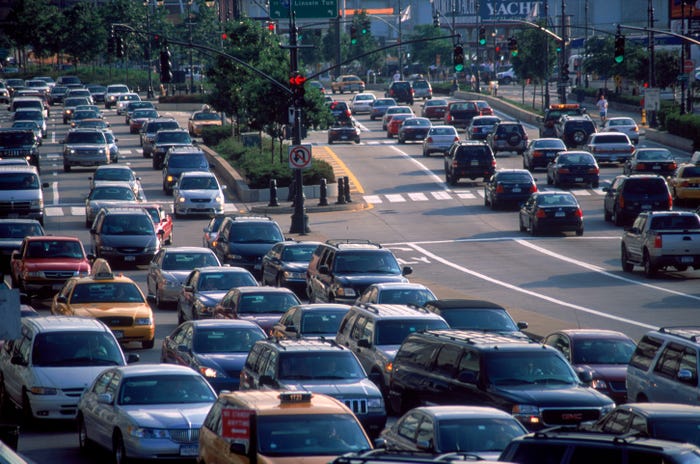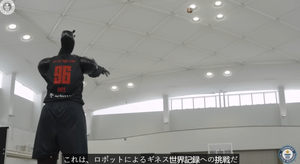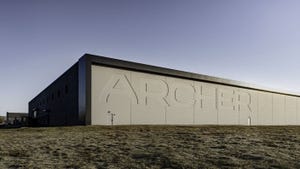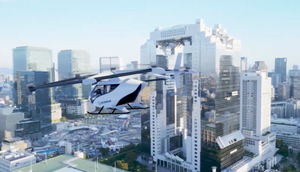Trump Considers Easing Federal Rules to Accelerate Self-Driving Car Rollout
The president-elect’s transition team eyes loosening federal regulations to accelerate self-driving car adoption

President-elect Donald Trump’s incoming administration is said to be planning to ease federal regulations on self-driving cars.
In news first reported by Bloomberg, and subsequently picked up by media outlets across the world, Trump’s transition team is apparently already considering how to get more autonomous vehicles (AVs) on the road.
Among the chief beneficiaries of any such move would be Tesla and CEO Elon Musk, who has become increasingly close to Trump in the last few months, appearing frequently alongside him on the campaign trail and now landing a role leading the next president’s newly formed Department of Government Efficiency.
Tesla has made no secret of its ambitions to become a global leader in the automated driving space, continually pushing its Full-Self Driving software for its passenger cars, and recently unveiling its so-called Cybercab – a self-driving taxi that could hit the road by 2026 – at a lavish event in California.
For more flying vehicle and other embedded tech news subscribe to our free newsletter!
Indeed, reports of Trump’s intentions have caused a major surge in Tesla stock, as investors envisage a future where the roll-out of AVs is more straightforward.
However, aside from the obvious problem that Tesla’s tech is not ready – Full-Self Driving, despite its name is considered only Level 2 partial automation by the Society of Automotive Engineers – persistent doubts have been raised about an ‘unsupervised’ version’s ability to meet regulatory approvals.
Although it is not entirely clear yet how mass adoption of AVs might be realized, among the options that it is understood is being discussed is an act of Congress that could pave the way to achieve this. Bipartisan legislation is apparently being considered that would create federal rules.
The National Highway Traffic Safety Administration (NHTSA) currently allows automakers to deploy up to 2,500 AVs a year, but it’s suggested new legislation could raise this cap significantly. Previous attempts to do so in both the previous Trump administration and also under Joe Biden have come unstuck.
Whatever materializes, the idea that Trump’s team is now looking to ease the pathway of AVs represents something of a pivot. As recently as October, he was quoted at a Detroit Economic Club event saying: “Do you like autonomous? Does anybody like autonomous vehicles? Some people do; I don’t know. Seems a little concerning to me.”
Currently, many regulatory approvals are decided on a state-by-state basis, with attitudes differing across the U.S. Texas, for example, has become a hotbed of testing for self-driving trucks. While federal intervention would not eliminate input from local government, the risk of losing highway or infrastructure spending, for example, could influence opinion.
About the Author
You May Also Like








